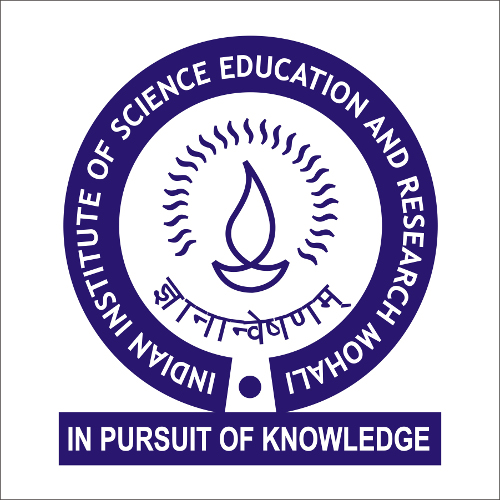Forthcoming Events
Studies on glycation-induced protein modification
Dr. Sauradipta Banerjee, Research Scientist-B, RG Kar Medical College & Hospital, Kolkata, West Bengal, India
Location : Online
Abstract: Post-translational modifications of different proteins are associated with various neurodegenerative diseases and lifestyle/metabolic disorders (e.g. Alzheimer’s, Parkinson, diabetic retinopathy and cardiomyopathy etc.). Among different post-translational modifications, non-enzymatic glycation of proteins is particularly important. Protein glycation reactions leading to advanced glycation end products (AGEs) are thought to be the root cause of different diabetic complications, including oxidative stress. The reactive α-oxoaldehydes namely, glyoxal, methylglyoxal and 3-deoxyglucosone are several times more reactive than the parent hexose sugars with respect to their ability of protein modification and AGE formation and their levels are significantly elevated in diabetes mellitus. In this study, the effect of the α-oxoaldehydes, glyoxal and methylglyoxal on the heme proteins myoglobin and hemoglobin has been investigated by several biophysical spectroscopic methods. The sites and nature of protein modification has been characterized by mass spectrometric analysis. Considering the increased level of the α-oxoaldehydes in diabetic condition as well as their high reactivity, α-oxoaldehyde-induced protein modification appears to be physiologically significant. In addition, the inhibitory role of α-oxoaldehydes on the aggregation of the protein lysozyme was investigated. The anti-aggregation property of the α-oxoaldehydes highlight a novel therapeutic potential of the compounds in the treatment of systemic amyloidosis and protein conformational disorders.
Meeting ID: 981 9001 6047
Passcode: 386249
Meeting ID: 981 9001 6047
Passcode: 386249

